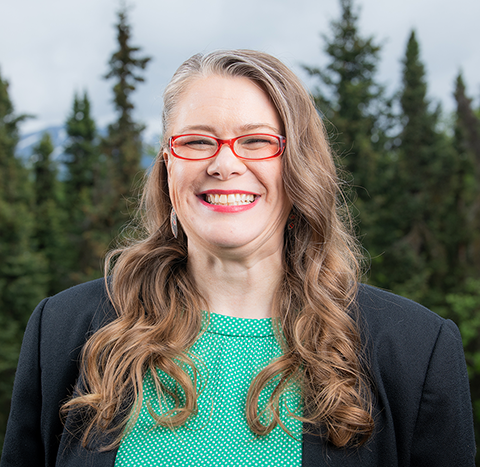Tonia A. Dousay
Scholar | Educator | Leader
My First T&P Experience
When you’re a graduate student, the concept of tenure and promotion (T&P) seems so incredibly foreign. It’s something that your professors have to deal with, but is shielded from you. If you read academic news outlets, such as Inside Higher Ed, you’ll occasionally see notices of universities who’ve granted tenure and the faculty members to whom you should congratulate. And then there’s the current war waging within academia with respect to the plight of adjuncts and whether or not tenure is valid anymore. Add to this the horror stories that pop up and become urban legend, sometimes taking on a life of their own. In my case, I have a friend who was denied tenure at a university over a disagreement with one colleague. This colleague came into the T&P meeting prepared, having lobbied against my friend and forcing a split vote. Her department chair felt powerless, and the end result was that she was not reappointed. In another situation, I’ve heard tale of one of my own former faculty who was blocked from tenure by another of my former faculty. The truth in these scenarios is likely somewhere in between, but the result is that if you’re a newly minted academic, the concept of T&P is incredibly daunting.
Let me pause here to take a moment to recognize and thank my department. A very wise colleague told me just a year ago that when applying for academic positions, you either know or you don’t if it’s a fit. Everything will fall into place during that campus visit, and you’ll know that you’re, “home.” I thank him every day for that advice, and my only regret is that my perfect fit wasn’t with his university. That said, I did find the perfect fit at the University of Wyoming. From my department chair to my colleagues in other programs, to the wonderful little family that is becoming my program colleagues, I could not have asked for a better academic home. Everyone is incredibly supportive, and the environment is overwhelmingly collaborative and positive.
So, here I sit in my first academic position out of graduate school. I spent maybe two days total preparing my packets. While I would have preferred to prepare an electronic portfolio for the process, I am forced to concede that the college and university just aren’t quite ready for such an innovation, as simple as it may sound. Thus, I purchased my supplies, three binders and Avery printable tabs. I drafted the required reflection, and compiled the necessary documents. I only took down a small forest, but trees had to die for my efforts, nonetheless. In the days leading up to our departmental meeting, I was reminded that it is advisable to draft a one-page summary to help the other faculty in your department. This summary helps to guide your conversation during the meeting and provides a easy to follow checklist for colleagues when they go to draft their comments on your performance. In my case, I found it easy to draft little lists to highlight the various areas of expectations, including teaching, advising, scholarship, grant activity, service, and future goals. I found it difficult to just put these on a page without any “design.” If you know me, then you know that I’m not a fan of the ordinary. Academia does, from time to time, stifle my creative efforts, but this was a case where I was willing to take a risk. So, as we headed into the meeting, and all of the other junior faculty made their cases with their handouts, I anxiously awaited my turn. When it was time, I passed out my one-page summary, which looked like this…
I’m not usually a risk taker, but I felt very strongly about this particular (albeit seemingly minor) issue. I teach multimedia design and development courses. Message design is near and dear to my heart. I wanted to practice what I preach. Thankfully, my risk was rewarded. My colleagues appreciated the deviation from the norm and understood the relationship between my presentation and my teaching/scholarship.
The end result is that my department has overwhelmingly recommended reappointment, standard for a first year. I have my meeting with the Dean next week to discuss my progress and trajectory. Overall, I must admit that the anxiety before, the worrying during, and the stress after were all for naught. The process itself was very smooth and not unexpected.
However, in no other profession, that I know of, do your peers have such a control over your professional future. Additionally, depending upon your institution, your students have a contributing voice. In our case, low course evaluations are noted at every step in the process, and recommendations for improvement are made. Thankfully, my students, to this point, have been quite satisfied with the learning environments and experiences I’ve created for them. Of course, when you’ve only completed one semester, you have to ask yourself, “what should I be doing and am I doing enough?”
I can appreciate the process and the spirit behind the concept. I welcome feedback to improve my performance and advice from individuals who have been in my position. It can make me a better person, a better teacher, and a better scholar. These are the things I strive to be. So, as I look towards the future, I’m glad that my first experience is over, and I have a better idea of what to expect next year.

